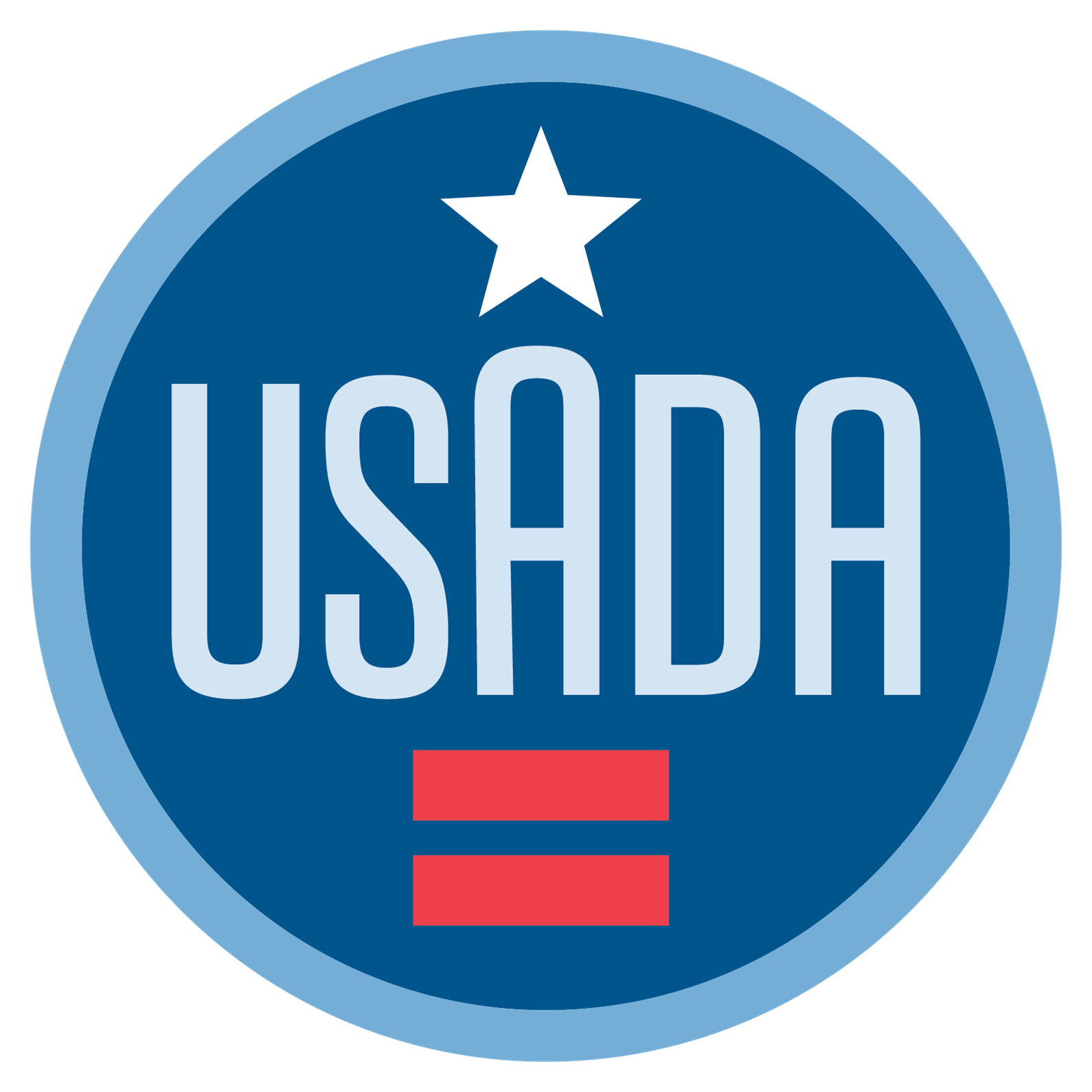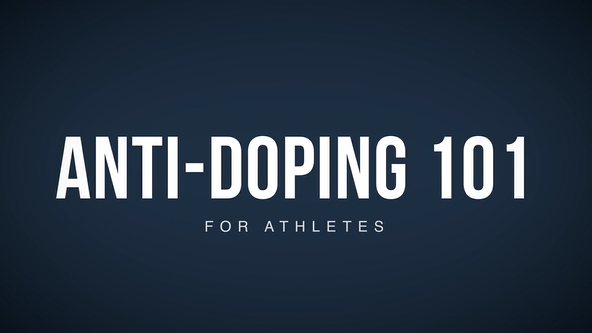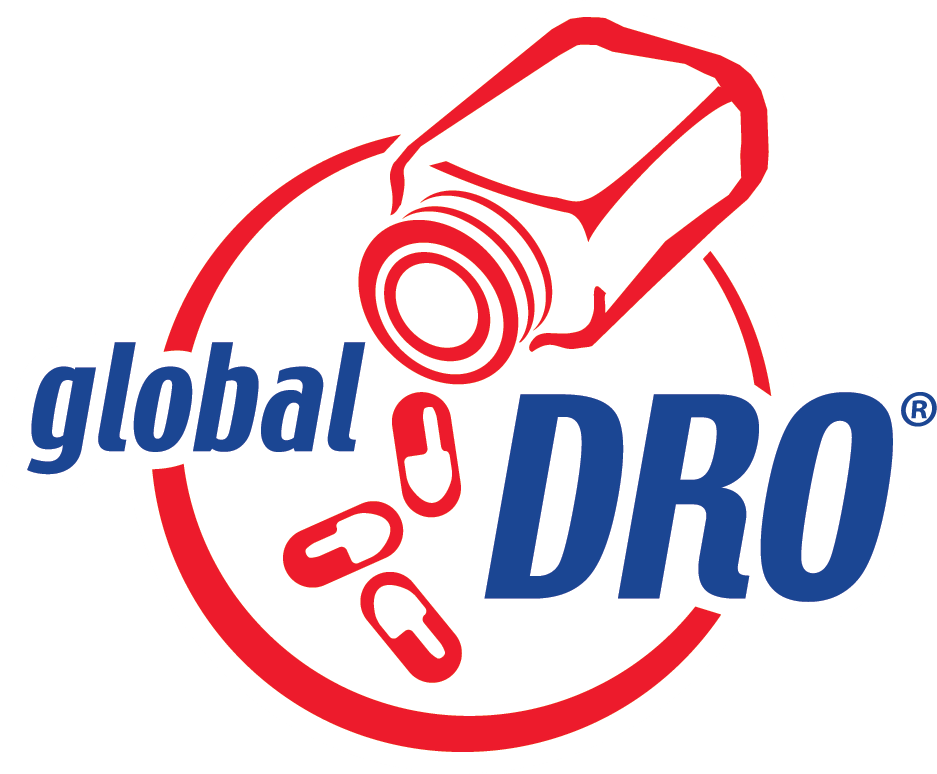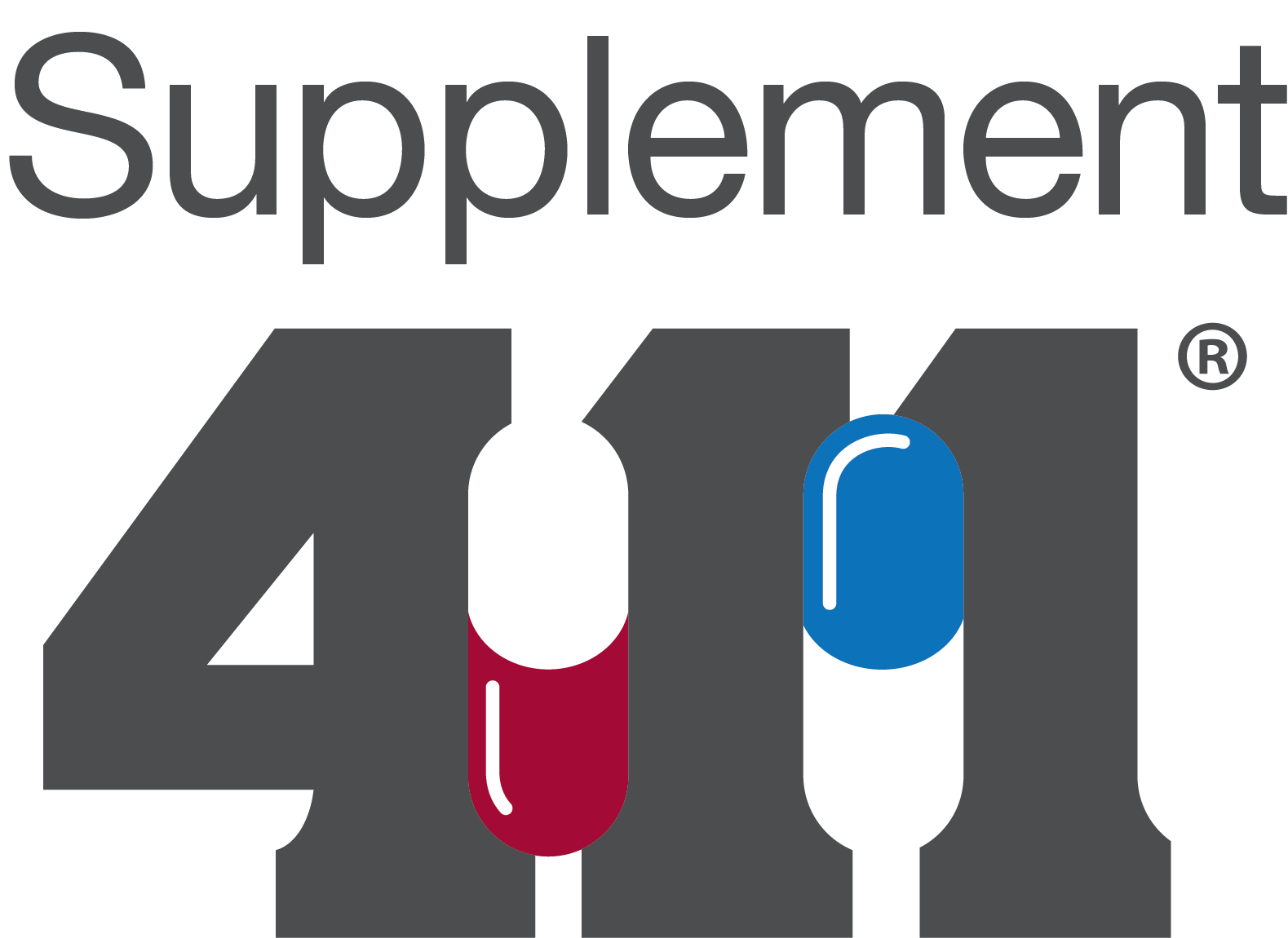THE FOLLOWING IS IMPORTANT INFORMATION REGARDING CLEAN SPORT FOR ALL FEI REGISTERED ATHLETES
As an FEI athlete, you should be reminded of the following information pertaining to both human and equine anti-doping. Should you have any questions, or need any additional information, please do not hesitate to contact Christy Hawkins or USEF Team Physician, Dr. Mark Hart at Dr. Mark Hart for Human Clean Sport.
HUMAN ANTI-DOPING
Please be reminded that when you are competing under FEI rules, you (the human athlete) are subject to random, in-competition and out of competition drug testing. It is your responsibility to know if you are taking any medications on the FEI Prohibited Substance List. It is strongly recommended that you regularly visit the United States Anti-Doping Agency’s (USADA) website, which contains a range of information on testing, regulations, and athlete rights. You should also regularly check the USADA website as it is continually updating and expanding its library of resources to ensure that athletes and athlete support personnel can easily access information about some of the most important topics in anti-doping. The Athlete Guide to Anti-Doping is a directory used to find various articles and materials, organized by category, from across the USADA website.
- GlobalDRO – what is it? Use Global Drug Reference Online (GlobalDRO.com) to check the prohibited status of generic and name brand medications. It is recommended that you save the date stamped inquiry for your own records. Also, be aware that medications purchased abroad do not always contain the same substances as those purchased in the U.S., even if branded the same. GlobalDRO.com does contain information on or applicable to dietary supplements, as supplements are regulated in a post-market manner, which means that the Food and Drug Administration (FDA) does not analyze the safety, efficacy, or label accuracy of supplements before they are sold to consumers.
- Therapeutic Use Exemption (TUE) – What is this and do you need to request one? In some situations, an athlete may have an illnesses or condition that requires the use of medication listed on the World Anti-Doping Agency’s (WADA) Prohibited List. A TUE provides permission for an athlete to have a prohibited substance in their body at the time of a drug test. If an athlete's TUE is approved, they will receive a certificate with an expiration date. The athlete should inform USADA and FEI immediately if their medical condition changes or if the dose or frequency of the medication changes. Without a TUE, a medication violation can result in a suspension and an Anti-Doping Rule Violation (ADRV). A valid prescription from your healthcare provider for one of these prohibited medications does not assure that a TUE will be approved. It is important that you inform your healthcare provider that you are an athlete that completes Clean Sport testing under WADA anti-doping rules, and discuss all prescribed medications and potential alternatives. It is recommended that you review any medications through the GlobalDRO.org application in the presence of the prescribing provider and review specific TUE documentation if required. A TUE application can be found on this webpage below or contact Christy Hawkins at USEF ([email protected] or 859.225.3045). The TUE application will need to be completed in detail and submitted to USEF, attention: Christy Hawkins. The USEF will then review the application to assure it is complete and will submit it to the FEI or USADA for review and approval. TUE applications need to be completed and submitted 30 days prior to participating at an FEI event. In an emergency situation, a TUE still needs to be completed, and should be submitted to Christy Hawkins immediately. An expedited TUE will be requested if appropriate, but this process is not guaranteed.
- Substances of Abuse – WADA has identified a category of substances called Substances of Abuse, which are substances that are both prohibited in-competition and frequently abused in society outside of sport. The 2021 Prohibited List identifies the following as Substances of Abuse: cocaine, diamorphine (heroin), methylenedioxymethamphetamine (MDMA/ecstasy), and tetrahydrocannabinol (THC, the psychoactive chemical in natural cannabis products). Positive tests involving Substances of Abuse will be subject to specific rules under the 2021 World Anti-Doping Code. Athletes may still receive an anti-doping rule violation if they test positive for a prohibited substance in the Substances of Abuse category. The designation of Substance of Abuse only affects the resolution of the case during the results management process, including the length of a resulting sanction. Because marijuana (and synthetic derivatives) is now legal in many states, there are many questions that have been raised. Marijuana is definitely still a banned substance under WADA/USADA anti-doping rules. Urine clearance times for testing purposes after last use of drugs are quite variable (from days to weeks), so it is strongly advised that all athletes avoid recreational drugs at all times.
- Supplement Information - No organization, including USADA, can guarantee the contents or safety of any dietary supplements. Consequently, athletes always assume some risk of testing positive for prohibited substances when they use supplements. As always, athletes have strict liability for substances they ingest, including those consumed through dietary supplements. Dietary/nutritional supplements can contain prohibited substances. Educate yourself by going to the USADA Supplement information webpage.
- Whereabouts – What are these and do you have to fill these out? Only athletes in a registered testing pool (RTP) or Clean Athlete Program (CAP), who have been personally and directly informed of their inclusion in a USADA Testing Pool, are required to submit Whereabouts. The Whereabouts information (dates, times, locations, etc.) is information submitted to USADA by an athlete, which allows the athlete to be located for out-of-competition testing. Whereabouts requirements are determined by USADA testing pool inclusion, not event participation. Christy Hawkins from USEF will be in touch if you have met this criterion.
- Play Clean Tip Center - In its mission to preserve the integrity of competition, inspire true sport, and protect the rights of athletes, USADA is unwavering in its belief that every athlete has the right to compete on a clean and level playing field, free from the pressures and influences of performance-enhancing drugs. For this reason, USADA makes available a number of ways to report the abuse of performance-enhancing drugs in sport in an effort to protect clean athletes and promote clean competition. If you would like to remain anonymous to USADA, do not provide any contact information. However, if you are willing to communicate directly with USADA’s Investigation Team regarding your tip, please provide contact information and someone will respond to you. Please be advised that all Play Clean Tips are considered confidential information and that speaking to or otherwise communicating with USADA does not change the confidential status of the information provided or waive your right to remain anonymous throughout USADA’s investigation of another person and any resulting disciplinary proceedings. Thank you for your willingness to protect the rights of clean athletes and clean competition. To threaten, intimidate, or discourage a person from the good faith reporting of information relating to an ADRV, non-compliance with the Code, or other doping activity, are all considered violations, as well as retaliation against another person for doing so.
For a summary of the items listed above, please refer to USADA's pocket guide - a resource designed to help athletes and support personnel understand and comply with anti-doping rules and regulations.
EQUINE ANTI-DOPING
Please be reminded that all horses that are registered with the FEI or USEF shall be subject to in-competition testing. FEI’s philosophy is that horses must be “clean” at the time of competition. If seeking advice from a veterinarian ensure he/she is a registered FEI veterinarian and is fully conversant with the 2019 FEI Veterinary Rules and the Prohibited Substance List.
- FEI Prohibited List - The Prohibited Substances list identifies substances that are ‘Controlled Medication Substances’ or ‘Banned Substances.’ What is the difference? Controlled Medication Substances are those substances that athletes/staff might normally use out of competition, but are not allowed while competing. Banned Substances are those substances that are not permitted in horses at any time. There is a significant difference in penalties between these two classifications of substances. Athletes/staff should work very closely with their veterinarians when administering any substances.
- Veterinary Forms (A and B) - In 2018, the medication forms for FEI have been re-designated as Forms A and B. Form A (previously Veterinary Form 1) is used to authorize emergency treatments with a Controlled Medication Substance before or during FEI Events. Form B (previously Veterinary Form 3) is used to authorize treatments with non-oral medication and therapies not included on the EPSL (e.g. rehydration fluids and antibiotics) during FEI events. The previous Veterinary Form 2 for altrenogest (Regumate®) and cyclosporine implants is no longer required. If your horse needs to be treated at the competition, Vet Form A must be filled out prior to administering the medication. Completing this form does not guarantee that you will be allowed to compete. Make sure you familiarize yourself with this process and the new Veterinary Form uses.
- Detection Times - Detection times are the approximate time a substance stays within a horse’s system. Familiarize yourself with the FEI’s published detection times.
*Be cautious of supplements and feed. Never accept these from other sources you are not familiar with.
- Article 1060 & Article 1061 – NO INJECTABLE VITAMINS - FEI regulations restrict the injection or infusion of vitamins and minerals during a competition period unless it is an emergency, which requires a Veterinary Form A. Supplements are permitted, but the Person Responsible is strictly liable for any positive doping test resulting from contaminated products. It is mandatory to record all supplement use in a medication logbook and ensure that supplements are from reputable sources and their ingredients are verified, as they can contain prohibited substances.






